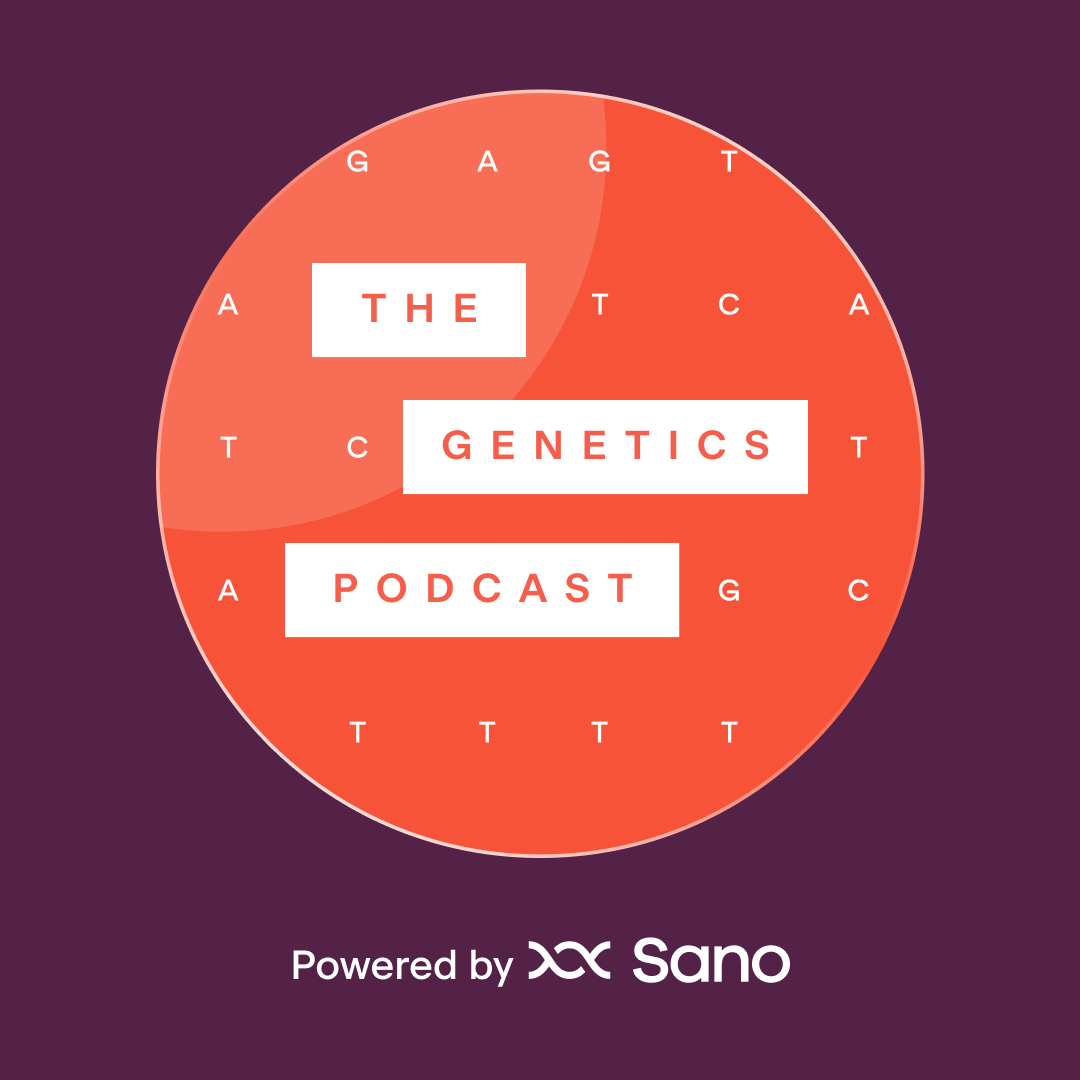EP 146: The biology of aging with Austin Argentieri, Research Fellow at Harvard Medical School, Affiliate Member of the Broad Institute, and Research Fellow at Massachusetts General Hospital
August 8, 2024

This week Patrick is joined by Austin Argentieri, Research Fellow at Harvard Medical School, Affiliate Member of the Broad Institute of MIT and Harvard, and Research Fellow at Massachusetts General Hospital. Austin’s work focuses on the proteomics of aging and how proteomic signatures are highly predictive for estimating biological age. From the potential of therapeutic applications, to why no “fountain of youth” genes have yet been identified, he and Patrick discuss the heritability of aging and how proteomics can help identify risk of age-related disease.
0:00 Intro to The Genetics Podcast
01:00 Welcome to Austin
01:42 What is aging and how should we think about it?
03:50 Discussion of Austin’s recent breakthrough paper on aging, including the questions he set out to answer, and the outcomes of the research
06:32 How Austin’s work focuses on using large-scale population proteomics data to create accurate estimates of biological age across diverse populations
08:10 Understanding aging in people whose protein-predicted age and chronological age diverge significantly
09:40 How a single biological estimate of proteomic age is highly predictive of all major non-cancer causes of death (within a dataset)
11:46 Validating the significance of proteomic signature in populations that are genetically and geographically distinct from the cohort on which the statistical models were trained (UK Biobank)
14:48 How not all model types are equal for estimating biological age and making generalizations from biological data across diverse populations
17:38 How far fewer than 3,000 proteins are necessary to make a prediction of biological age and how a select few are particularly significant
20:04 What is it about the 20 proteins identified by Austin’s team that make them highly predictive of biological age?
23:18 Why infamous studies searching for “fountain of youth” genes have never found any definitive answers
27:24 Why conditions associated with increased age often have high heritability, even though heritability of aging is very low
29:34 Decoding proteomic signatures for age to identify risk of developing age-related conditions
32:29 Translating this research into therapeutic development
36:51 Could protein levels associated with “decelerated” aging be replicated in someone experiencing “accelerated” aging?
39:32 How Austin became involved with the biology of aging and proteomics
42:42 What Austin and his team will be working on next
44:38 Closing remarks
Please consider rating and reviewing us on your chosen podcast listening platform!
Find out more:
Find Austin on Twitter (X)